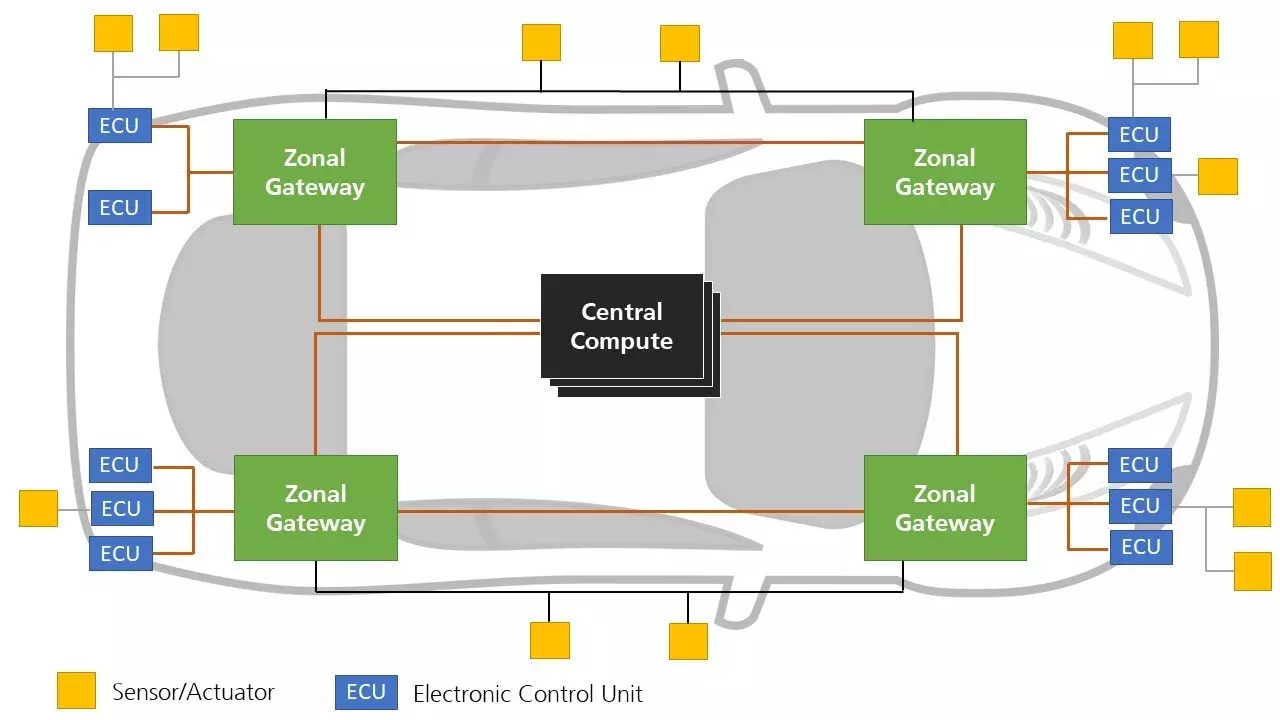In today’s world, modern cars are becoming increasingly complex due to the integration of various electronics and assistance systems. This complexity not only poses challenges in managing these systems but also results in an increase in the weight of the vehicles.
The CeCaS project, led by Fraunhofer researchers, aims to revolutionize the existing systems architecture used in cars. The core idea behind this project is to manage all electronic components centrally from one supercomputing platform. This centralized approach is believed to simplify the construction of highly automated and connected vehicles.
At the heart of this innovative technology lies an extremely reliable Ethernet backbone that operates in real-time. This backbone allows for seamless communication between various components of the vehicle, transforming cars into supercomputers on wheels.
The researchers are focusing on Time-Sensitive Networking (TSN) to enhance the real-time capabilities of the Ethernet-based network technology. This involves assigning priorities to different commands based on their criticality, ensuring that safety-critical systems are given precedence over other functions.
One of the significant advantages of the CeCaS project is the ability to update vehicles wirelessly, similar to updating a laptop or desktop PC. This centralized control system also leads to a reduction in the complexity of cable harnesses, resulting in lighter and more cost-effective cars.
The development of a new computer architecture for cars represents a radical shift from traditional construction methods. By moving towards a zone-based management system, where a few high-performance computing platforms control multiple modules simultaneously, the automotive industry is gearing up for the future of connected and automated vehicles.
The CeCaS project is paving the way for a new era in automotive technology. By focusing on centralizing control and leveraging real-time networking technologies, the project aims to address the challenges posed by the increasing complexity and data volumes in modern cars. As we move towards a future of connected and automated vehicles, innovations like those seen in the CeCaS project will play a crucial role in shaping the automotive industry.


Leave a Reply